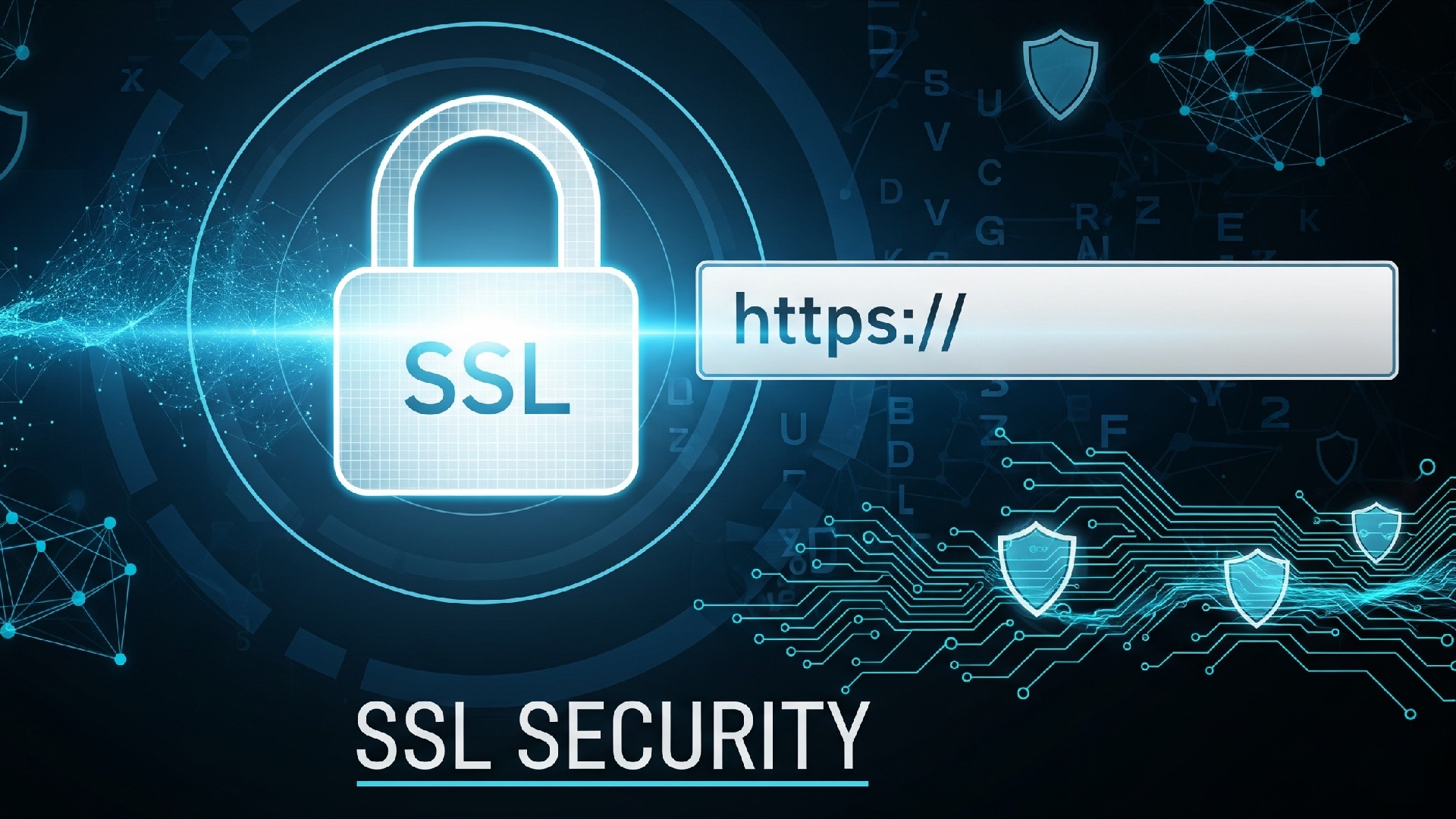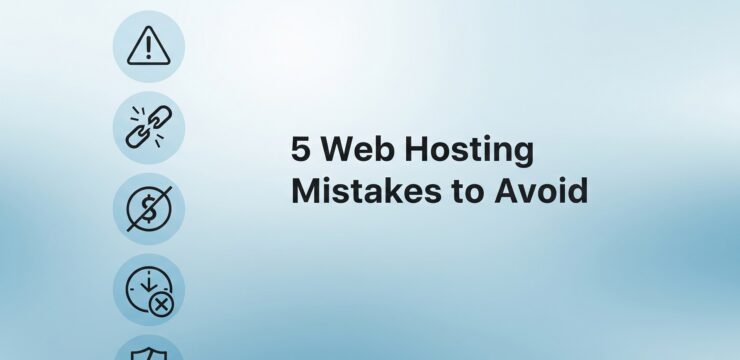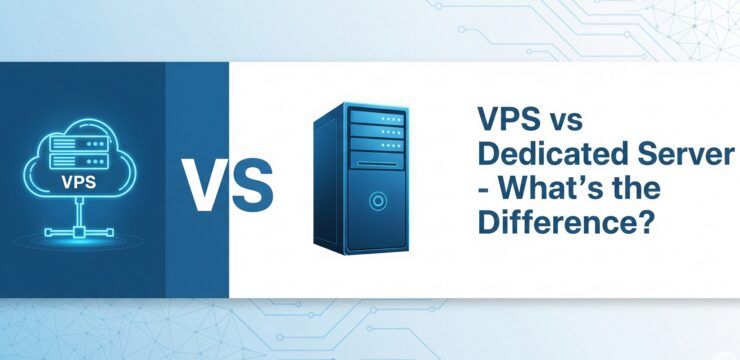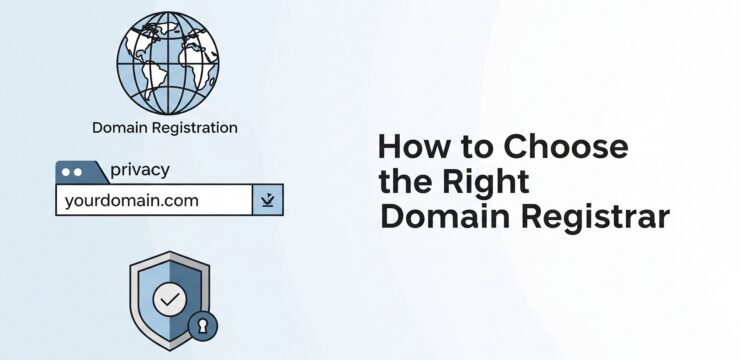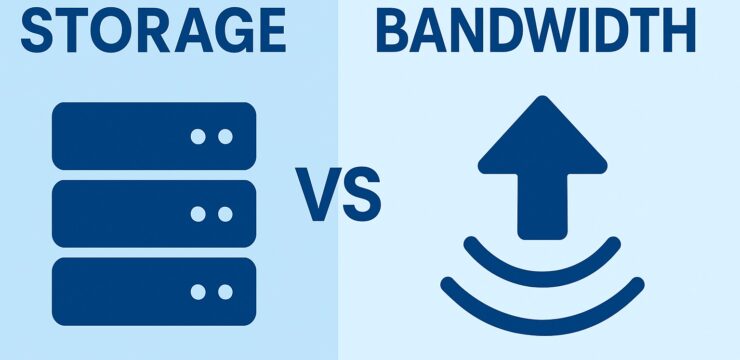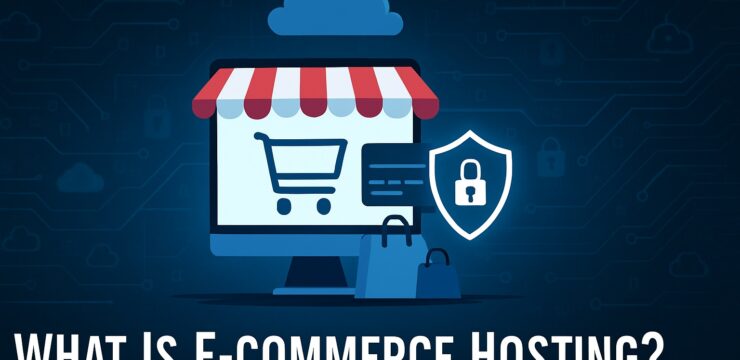Introduction: Understanding SSL Security
In today’s digital world, data privacy and website protection are more important than ever. SSL security (Secure Sockets Layer) is a standard security protocol that helps create a secure connection between a web server and a user’s browser. It protects sensitive information from hackers and cyber threats, especially during transmission. If you own a website, whether it’s a blog, business site, or eCommerce store, having SSL is not just a recommendation—it’s a necessity.
1. What Is SSL and How Does It Work?
SSL encrypts data such as login credentials, payment details, and personal information, ensuring that unauthorized parties cannot access it. When SSL is active on a website, you’ll notice a padlock icon next to the URL and the address starts with https://. This protocol secures the communication tunnel between the browser and the server, preventing hackers from intercepting data.
2. Builds Trust with Your Visitors
Users are becoming more cautious about where they share their information online. SSL signals to your visitors that your site is safe. Without SSL, browsers display warnings like “Not Secure,” which can drive potential visitors away. Having an SSL certificate enhances credibility and increases customer confidence.
3. Improves Your SEO Rankings
Google prioritizes secure websites in its search rankings. That means using SSL security gives your website an SEO advantage. If you’re serious about being visible in search results, SSL is a step you cannot ignore. It’s one of the easiest ways to improve your website’s credibility and organic ranking.
4. Shields Against Cyber Threats
Cyber attacks are more common than ever. SSL protects against data breaches, man-in-the-middle attacks, and other forms of interception. By encrypting data, SSL ensures that even if hackers manage to tap into the connection, the information will be unreadable and useless.
5. Mandatory for Online Payments
If your site handles credit card transactions or any kind of online payment, SSL is required for PCI compliance. Without it, your site may be banned from processing payments and face serious legal and financial consequences.
6. SSL Is the New Standard
Modern browsers like Chrome and Firefox now expect SSL by default. Websites without it are flagged, which negatively affects both traffic and reputation. Many hosting providers offer free SSL certificates through services like Let’s Encrypt, making it easier than ever to secure your site.
Conclusion: Don’t Delay—Secure Your Website Today
SSL security is no longer optional—it’s essential. From protecting your users to boosting your search engine presence, SSL delivers wide-ranging benefits. It’s a simple step that makes a big difference in your site’s trustworthiness, safety, and performance. Don’t leave your site exposed—enable SSL and ensure a secure future for your online presence.
